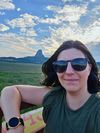Planning for our second year of travels: What's changed?
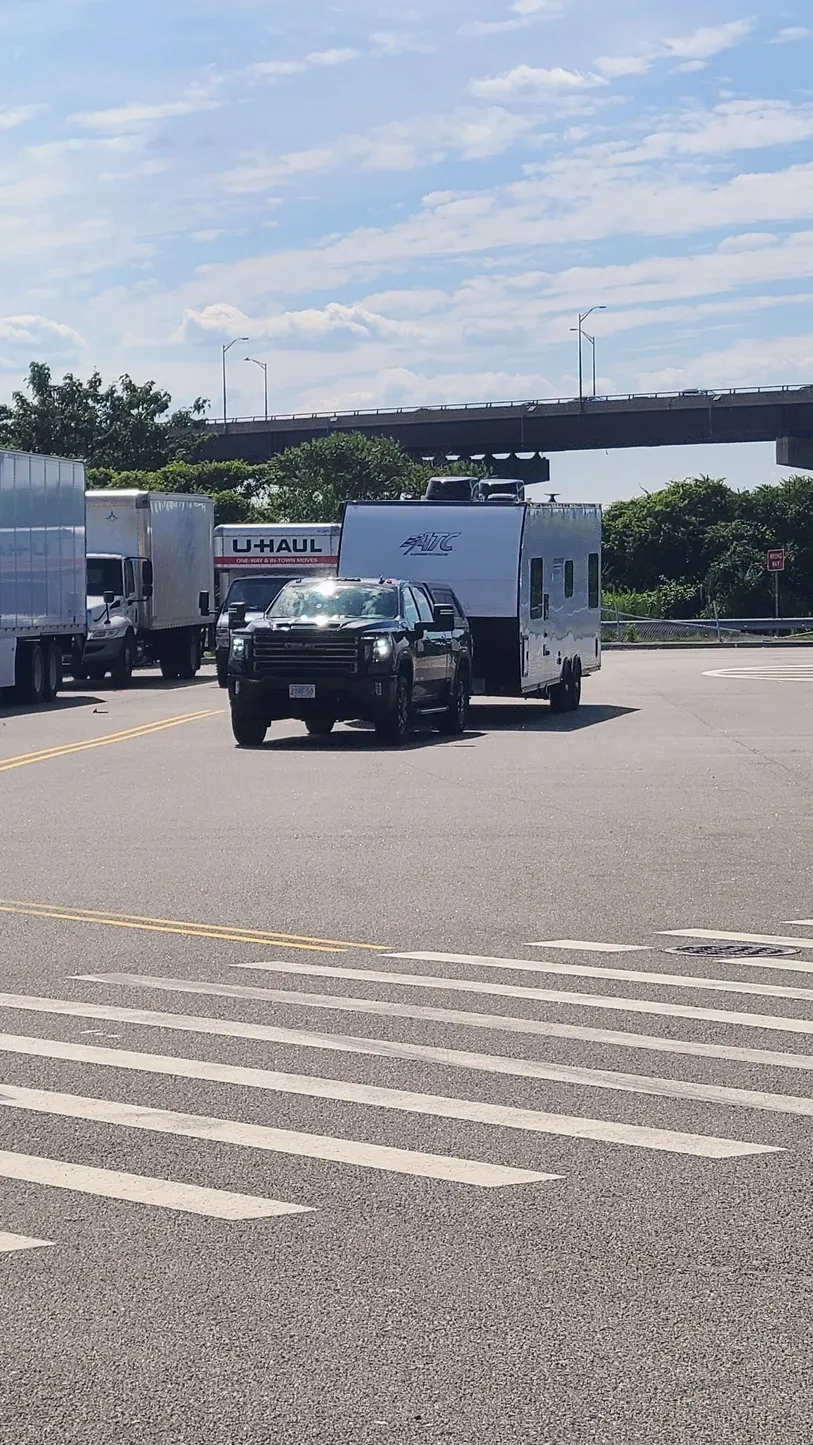
Having planned a lot of trips in my life, I expected full-time travel planning to be similar. It takes a lot of research, organization, and patience, and even though I sometimes lack that last trait, I actually really enjoy the planning process. Research shows that for many people the trip planning is actually more fulfilling than the trip itself, but I'm sure this depends greatly on the person and their situation. Living the nomadic life allows us to see normal everyday experiences in a new light, which can be very satisfying. I'm a dreamer at heart and always look toward the future, but when we canceled our big road trip in 2020, not once did I look back and say, "Well at least I had the joy of planning that trip." So, take that as you will. The logistics of planning weren't too much of a learning curve. I have my favorite websites that I use to research places, and I stay organized with folders full of lists and calendars. At some point maybe I'll take you through my method of travel planning, but the biggest changes over the past year weren't in the actual planning process, but in the mindset we have while traveling, and how that impacts our planning.
First and foremost, it was essential to really understand the difference between a vacation and a life of travel. I'm no longer planning a 2-week trip. I'm planning a year of life. I can't just cram a bunch of fun into every second of every day, and frankly this isn't a good idea for vacations either, but at least it makes sense for vacations because time seems a lot more finite. When traveling full-time, downtime is a must because we aren't in places to run around and experience all the things. We're just living life. Are there activities we want to partake in? Of course, but we know that we don't need to squeeze everything in in a short period of time. During 2022, the only times we treated our trip planning like a vacation, where we booked lots of tickets to lots of attractions, were at the Smoky Mountains and Niagara Falls. In the Smokies we actually took vacations from work, opening our schedules up for a whole week of activities. In Niagara, we were reprising our first trip as a couple, and so in the spirit of celebrating 10 years together, we became tourists. Beyond those two destinations, we kept our schedules pretty chill, doing a few fun activities here and there, but otherwise just enjoying living life in new places.
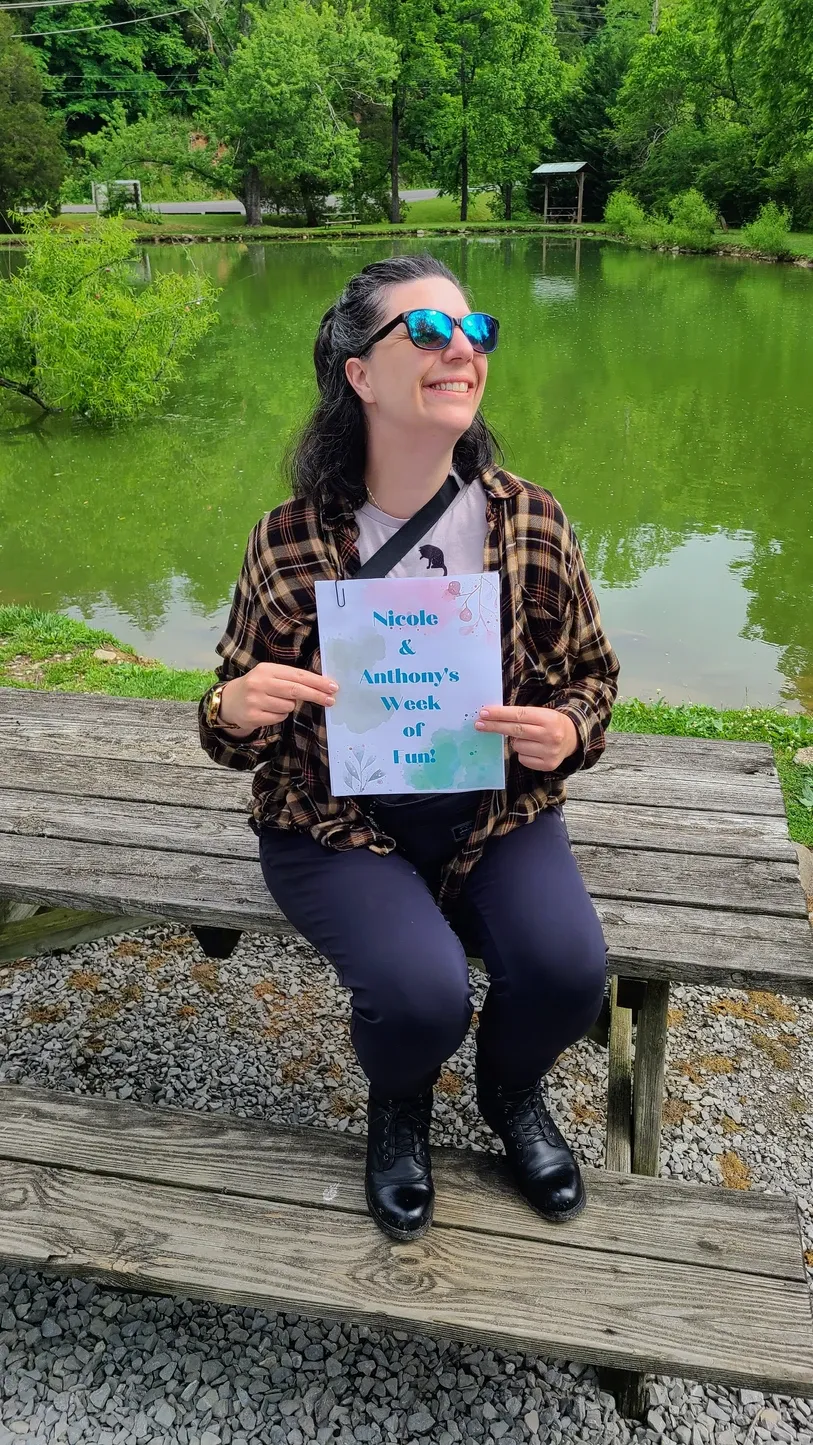
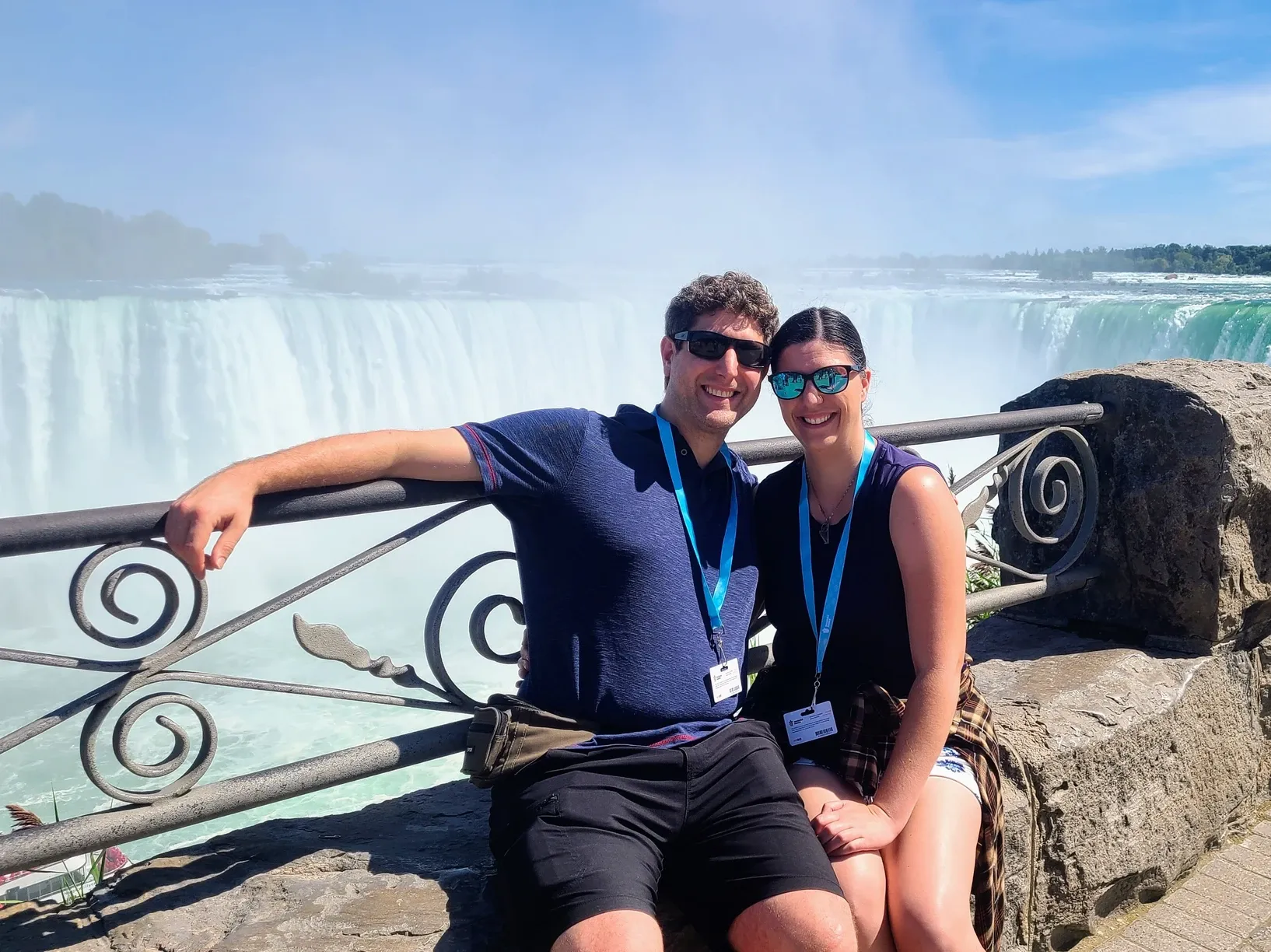
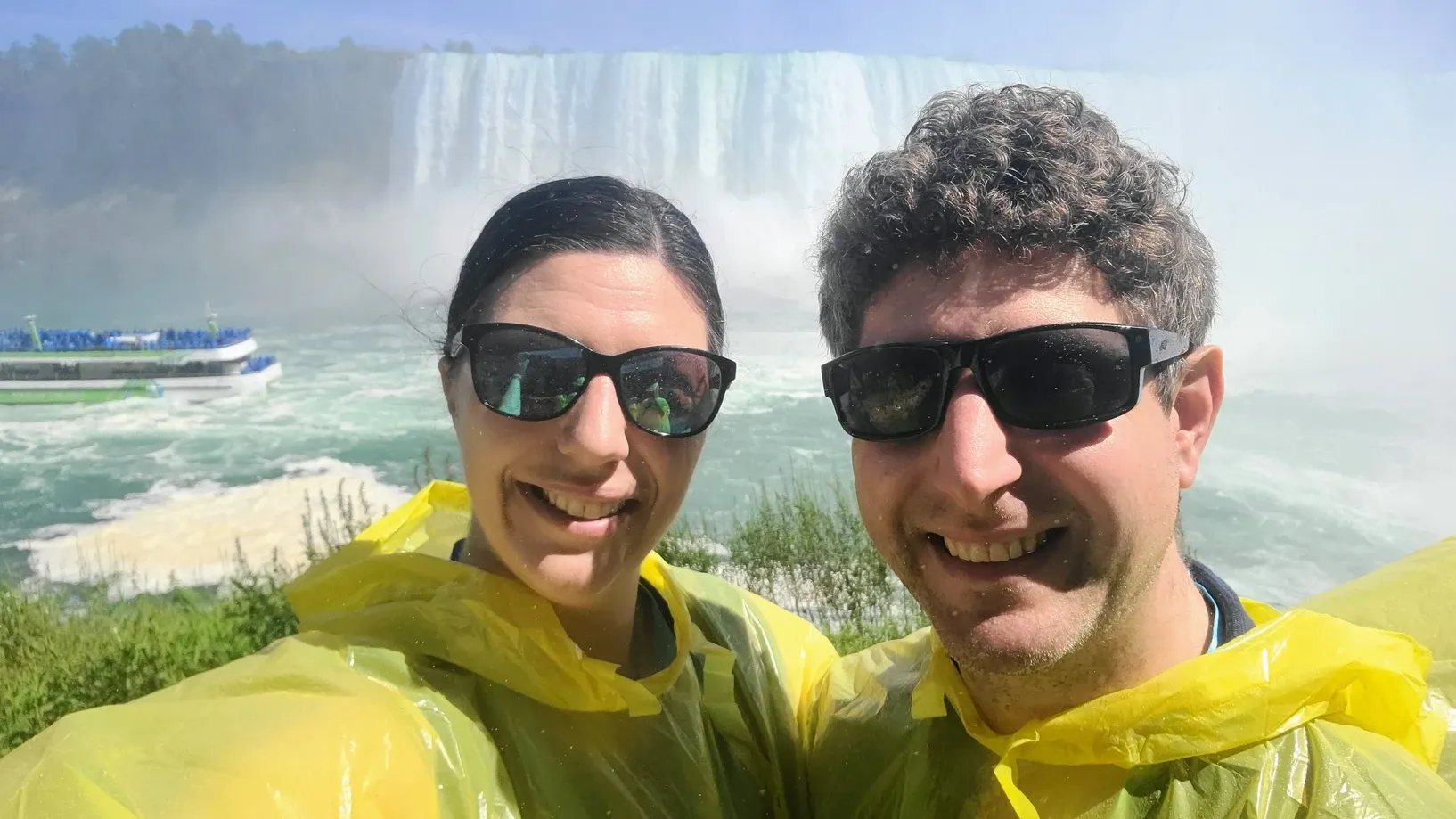
Not treating RV life like a vacation was an easy lesson for us to learn. We spoke with many other newbie RVers over the past year who were really struggling to slow down. We credit our ability to do this to our jobs. We're still working full-time, so we simply can't only focus on the fun stuff. This goes for the rate of travel as well. Many new full-timers are so excited to see all of the country that they hop from one place to the next, creating whirlwind visits along the way. Whirlwind visits simply don't fly when we've got work tasks and a cat who can't be in the car for too long too many days in a row. Slowing down for us was really a necessity. We discovered that we like taking travel half-days, around 150-200 miles. This makes us feel like we made a dent in our distance and went somewhere new, but it doesn't exhaust us. We can leave at check-out time, drive a few hours, and arrive on the earlier side of check-in time at our next location. After setting up, we often still have time to get work done before the day is over. The shorter drive days also give us a buffer in case we have a road emergency, traffic, or some other delay. We like having this cushion instead of feeling really pressed for time. Lastly and importantly, shorter drives mean we don't have to fill up on gas while towing, something that's often difficult because we drive a gas truck and not all gas stations can accommodate our size. With travel half-days, we can fill up before we hitch up and not need to worry about it.
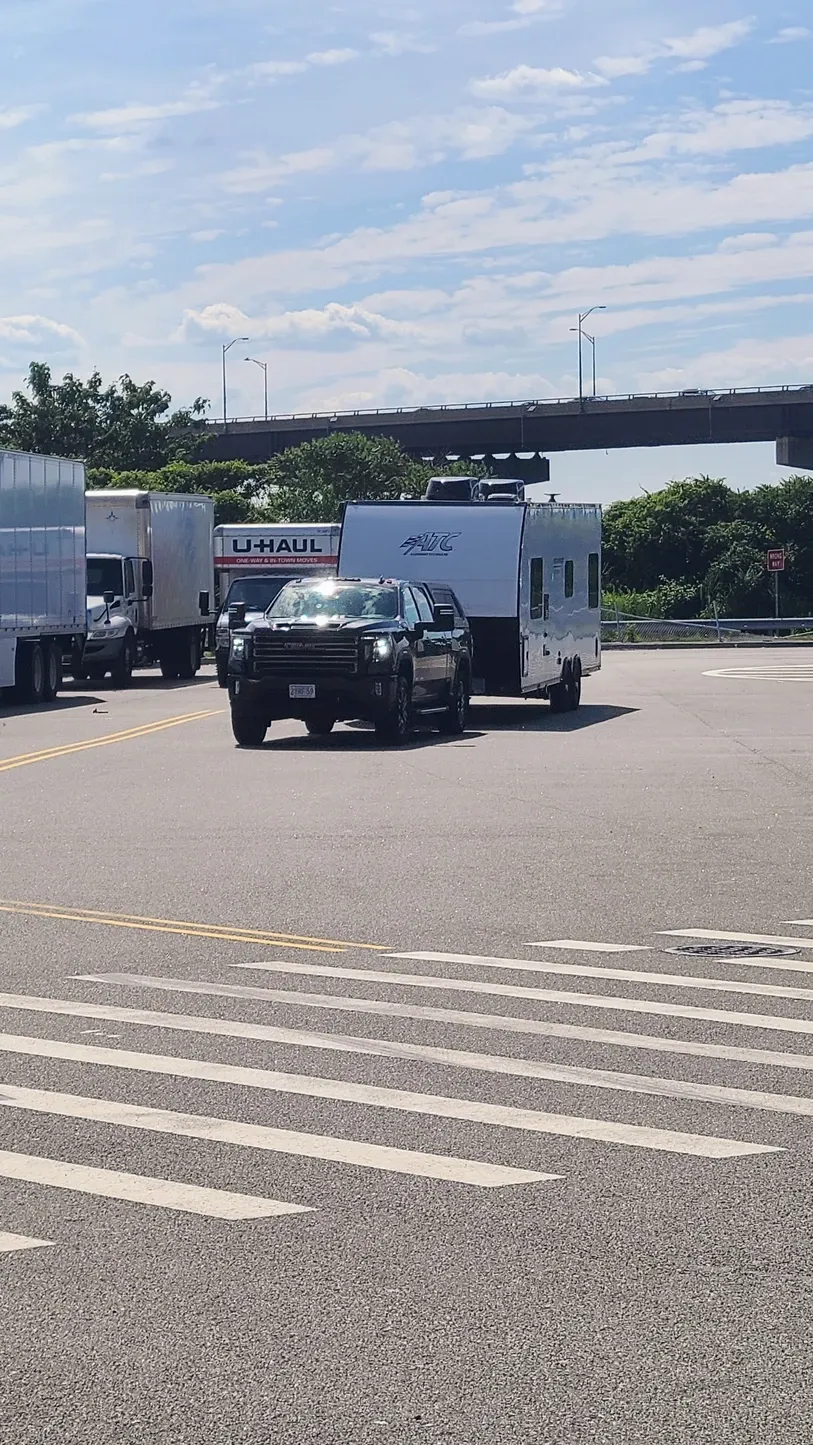
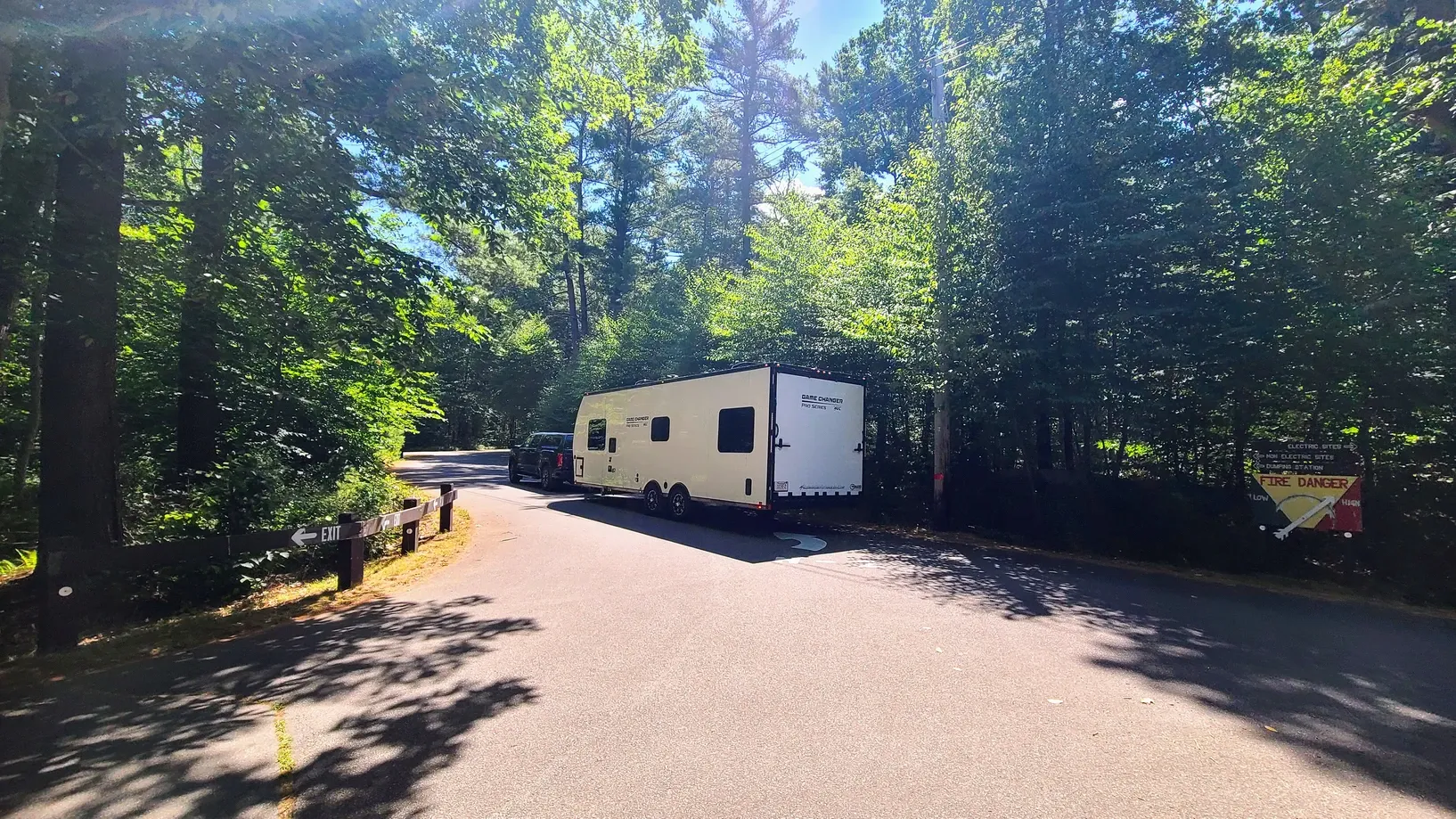
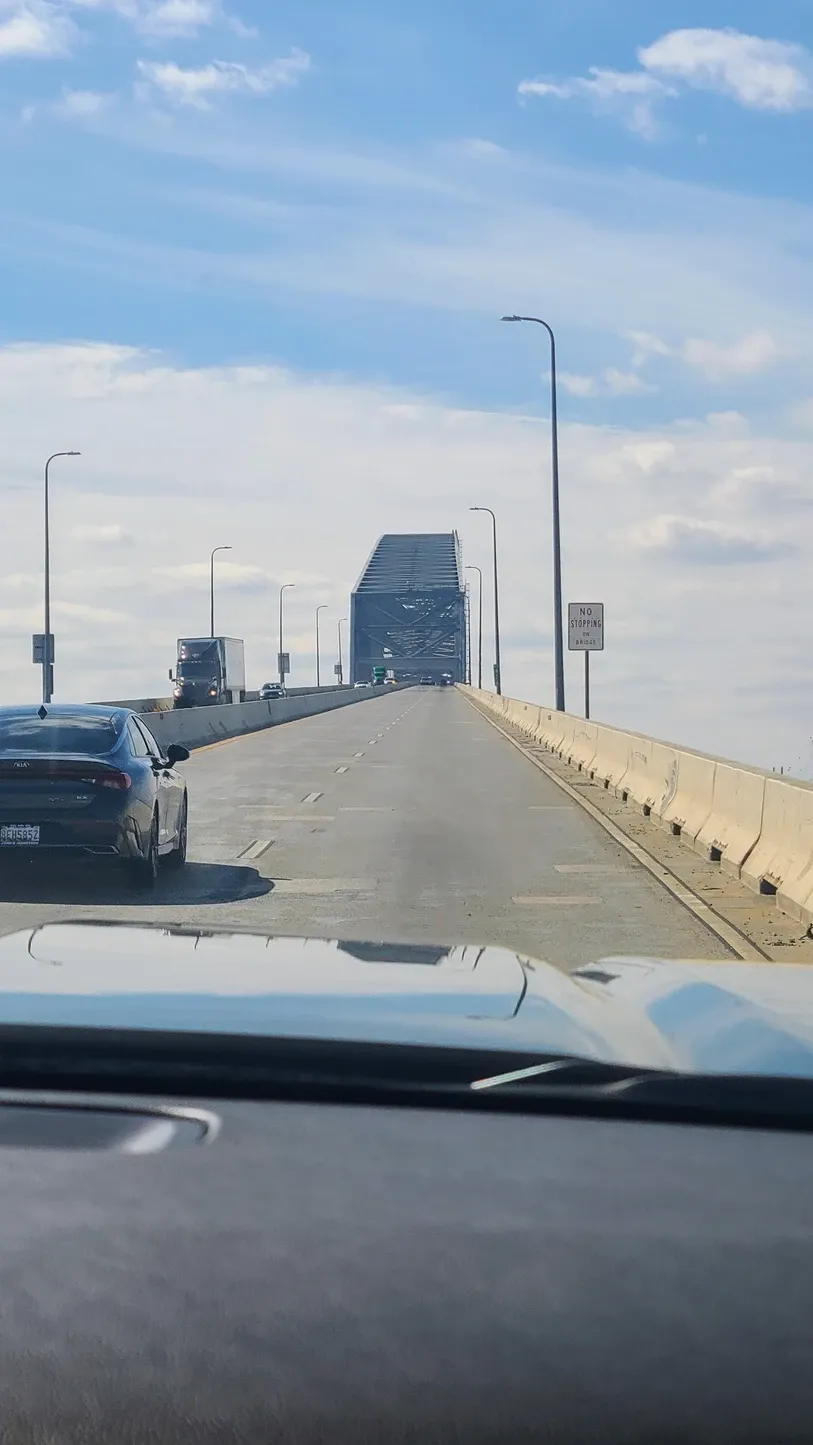
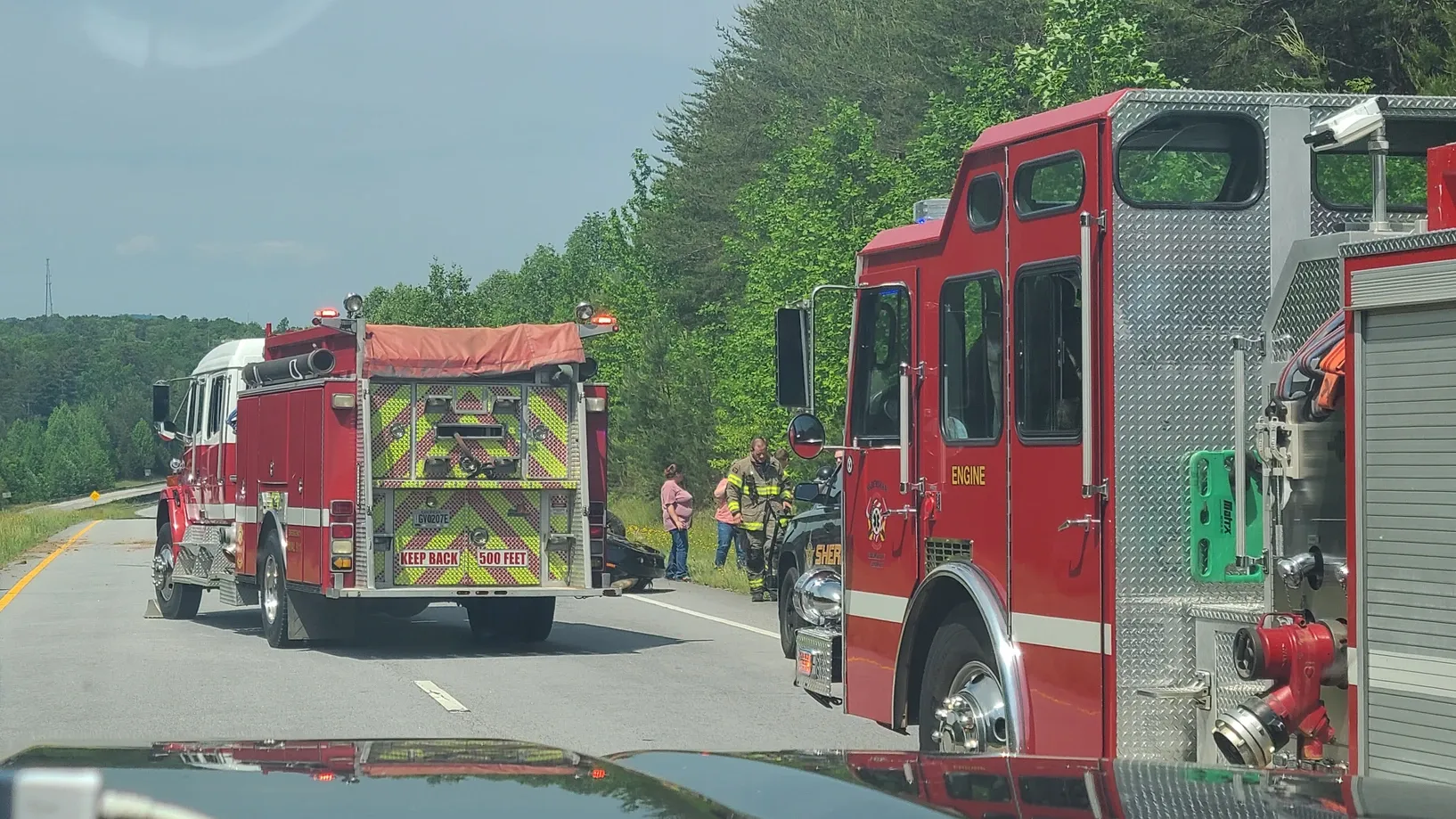
It's hard to put an exact number on how often we want to have travel days. Some places we feel we can stay just a week and then move on. Other places we'd like to spend 3 weeks or more, if possible. This depends on how much we want to do in a certain place and how busy we are with work. If we're in a major hiking destination and want to explore, we need to make sure we can divvy up our schedules to allow hiking time. On the contrary, if we're just stopping over in a place to do one activity, we don't need a lot of time. Over the past year we discovered our love for "regrouping" stays. This is where we'd book a KOA or other campground with lots of facilities and amenities, near civilization. We'd use the time to run errands and to hunker down and do work. These locations aren't places we need to explore. They're just a stop between destinations. We rarely need more than 5 days at these places before we're ready to move on.
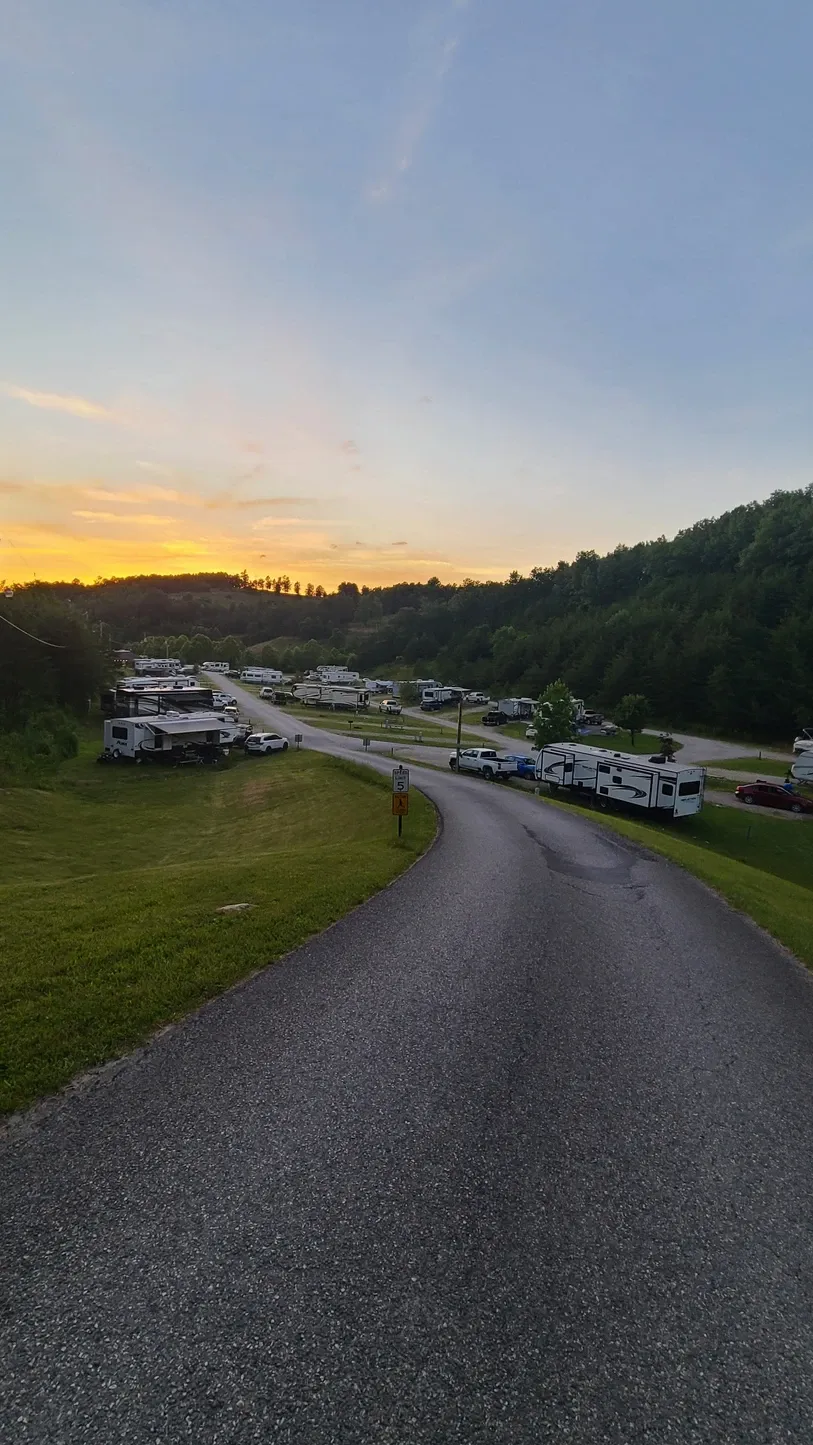
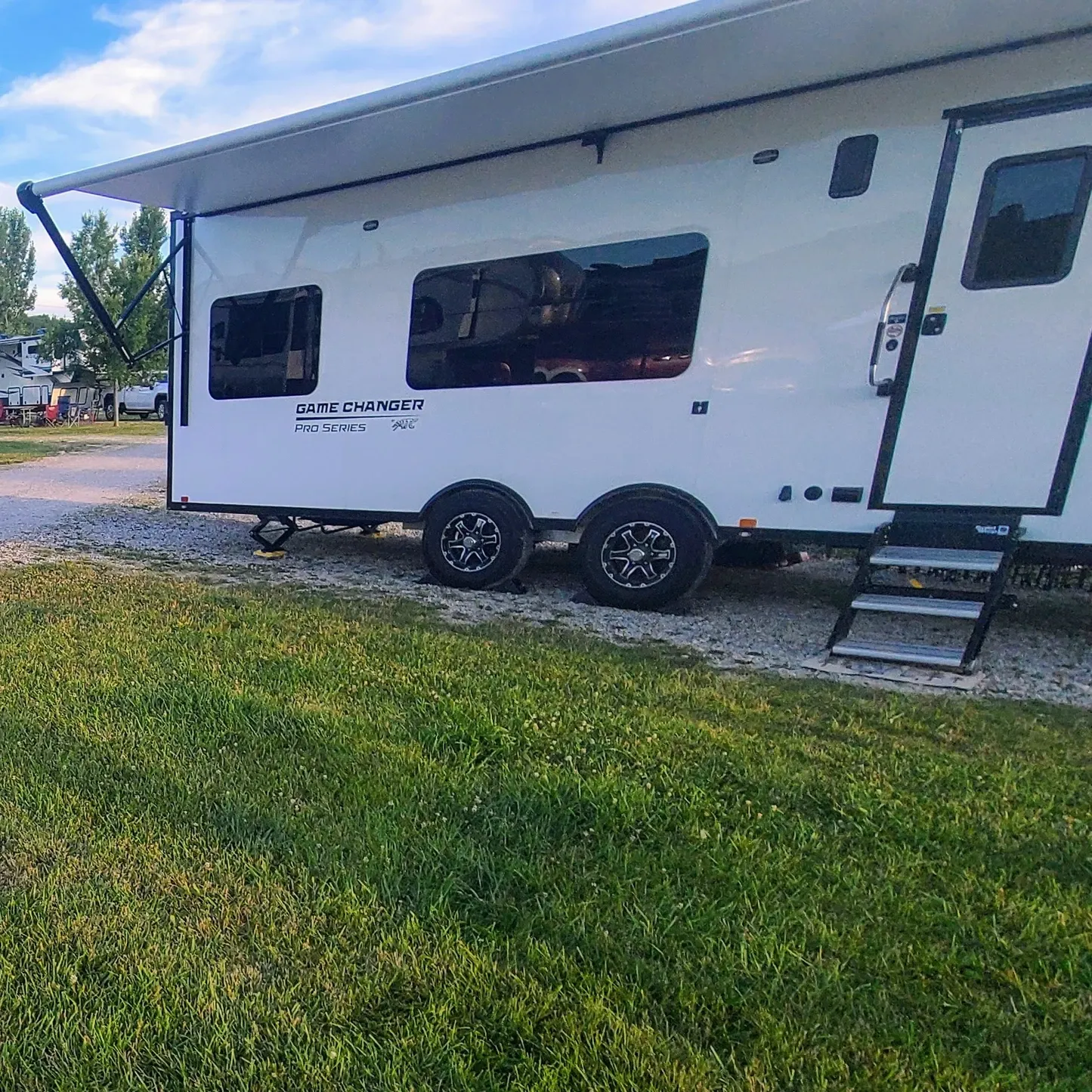
Our regrouping stops started making even more sense as we learned what we like in a campground. There's certainly a time and a place for amenity-filled resorts, but we've learned that we almost always choose space over amenities. We like feeling like we're actually camping. We'd much rather choose a place with less hookups if it means being in the woods. Alternating these "nature" stays with "regrouping" stays seems to work best for us, and we'll keep that in mind as we move into our next year of travels.
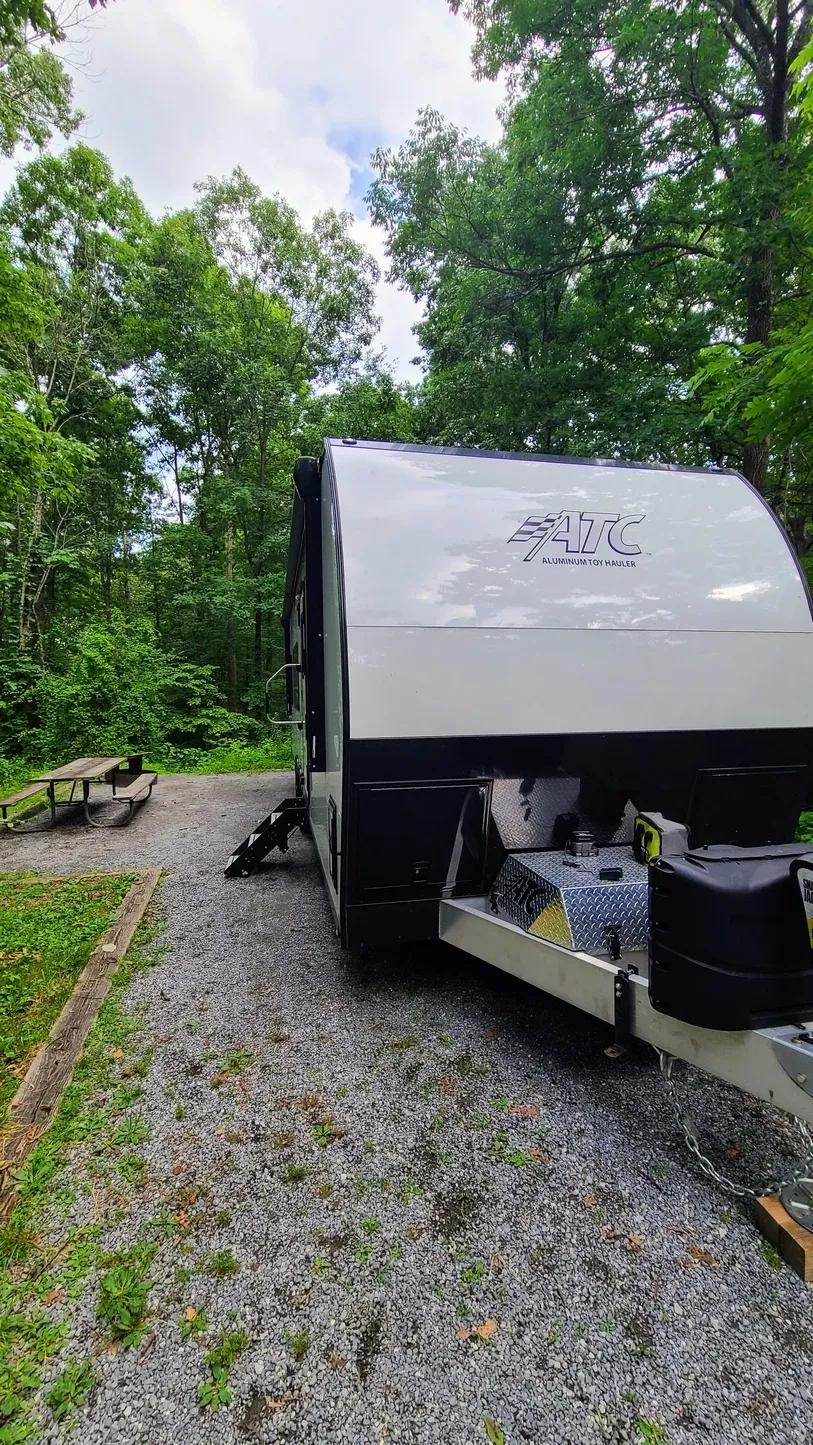
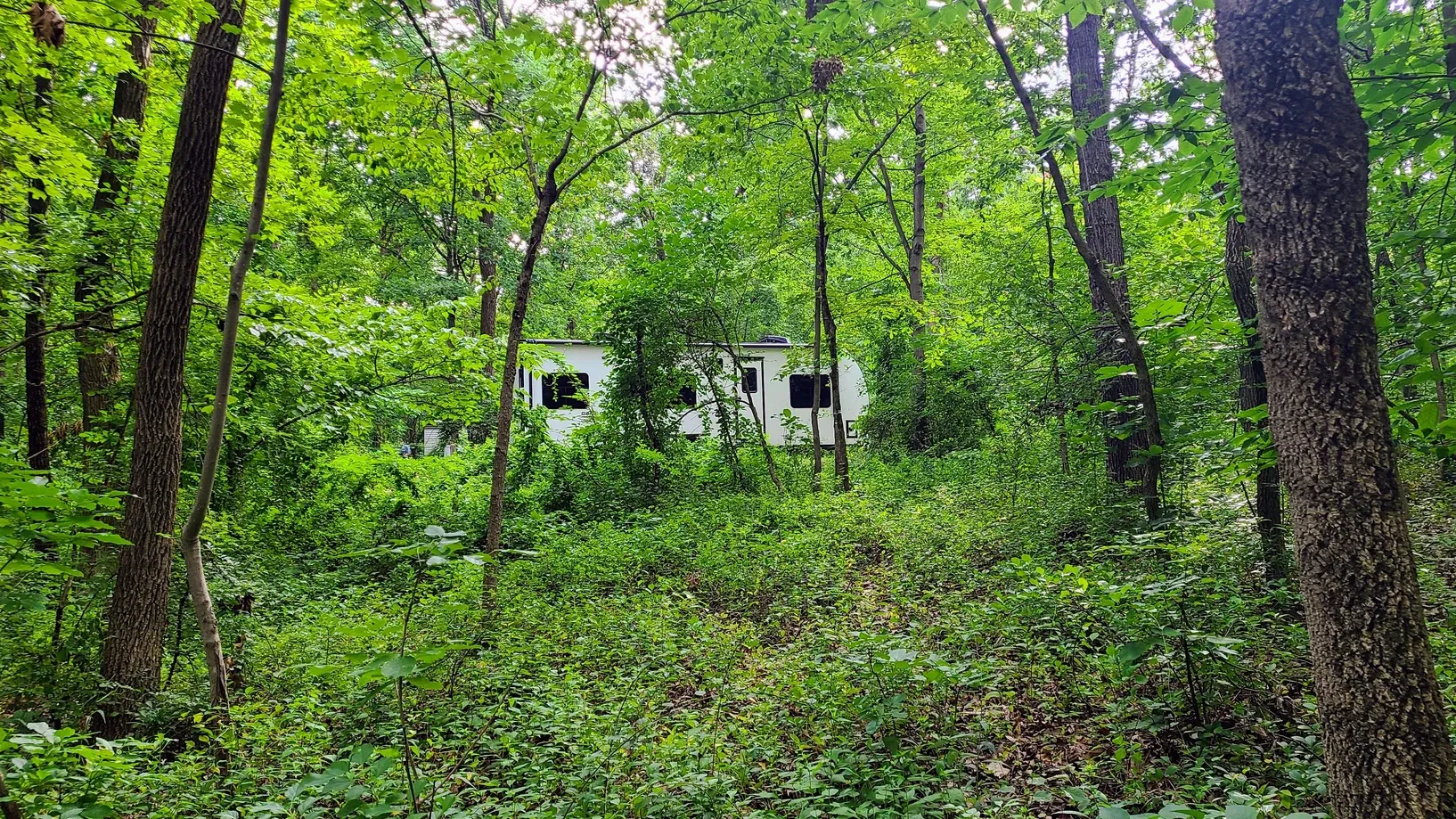
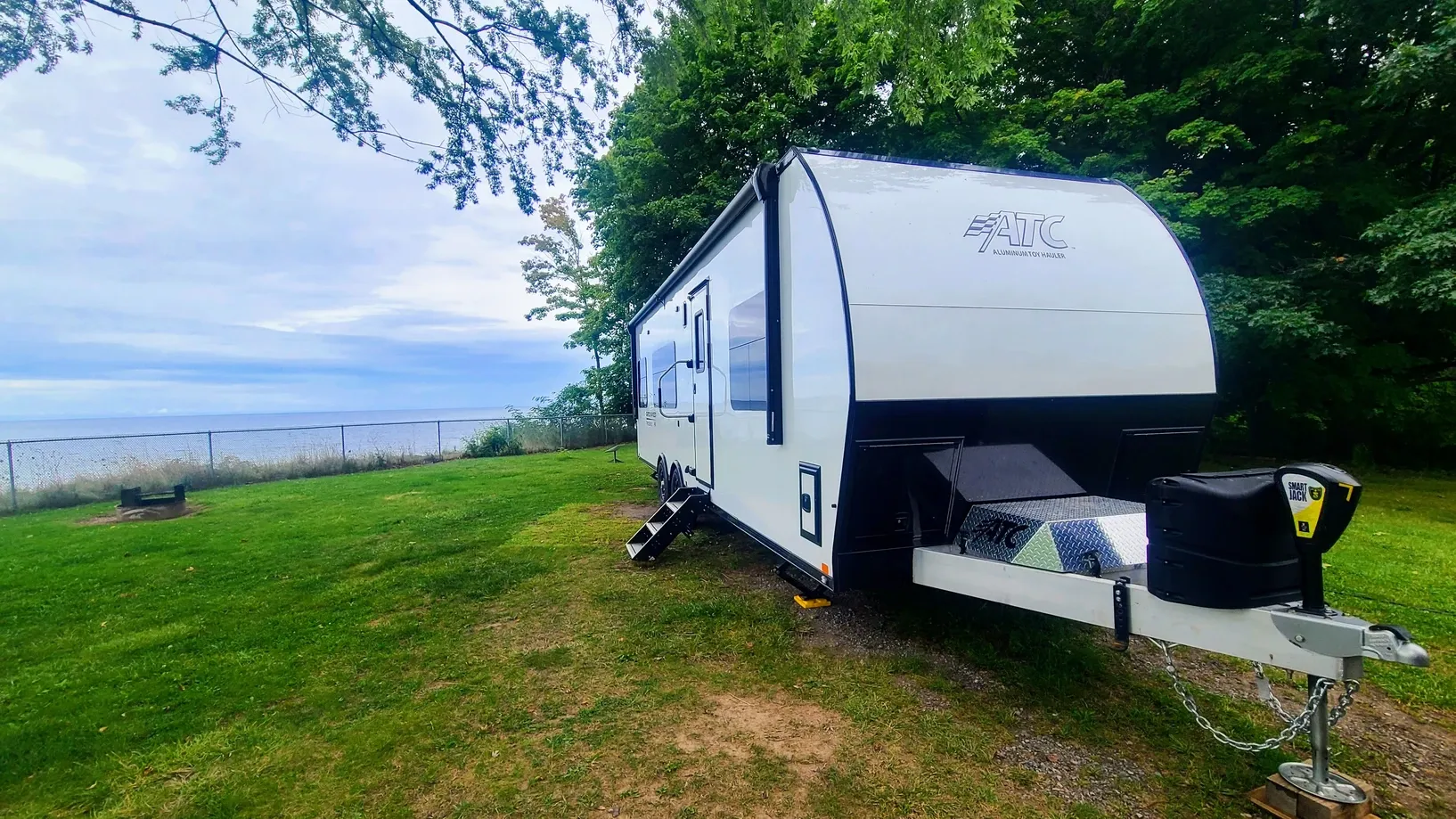
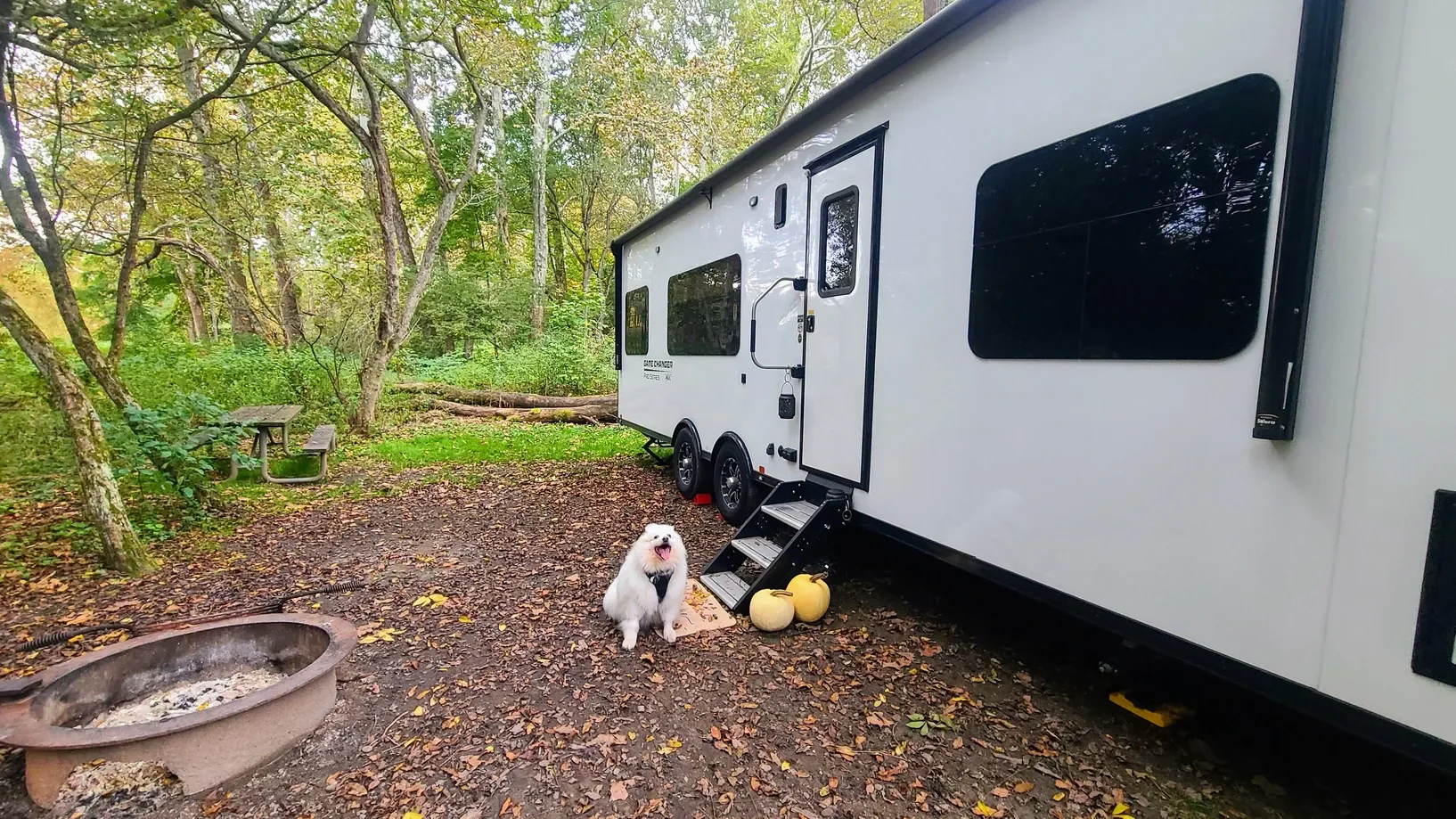
Although we learned a lot early on about how we like to arrange our travels, there's a lot that we're changing for 2023. A common horror story we heard before we launched was that RVing was getting so popular that campgrounds were booking up like crazy. As a planner who was about to march into this unknown life, that notion scared me. What if we were in a place that had no availability and I waited too long to book something? This led me to over-plan our first year of travel. Fun fact from the psychology master: over-planning is actually an anxiety response. The act of cementing plans is a person's way of taking the fear out of a scary future situation because it gives the illusion that they're in control. Unfortunately, it really is just an illusion. We could have all our campgrounds booked for the whole year, but it still doesn't keep us safe from failure or tribulation. On a non-psychological note, all the planning for 2022 ended up causing a lot more work. First off, RVers are not flocking to the reservation systems the way the rumors made it sound. Yes, RV camping is extremely popular right now, but we were thinking like vacationers, not full-timers. Truth is, there are very few circumstances where we needed to be in a specific place at a specific time. We weren't going to the major destinations at peak times. Most of the campgrounds where we stayed weren't even totally full. There were a few times in my research where I wanted to book a site at a specific campground and it had no availability, but there was always something else nearby. Even better, oftentimes I could adjust our dates slightly and we'd get something, especially if we avoided staying at highly sought-after campgrounds on weekends. So now we have a better idea of when it's important to book ahead and when it's not necessary.
Logistically, making lots of advanced reservations ended up not making sense due to issues we had with our RV. At the beginning, we didn't have a working water pump, so we needed to book places with water hookups. This led us to cancel our first boondocking reservation and extend our stay at a state park with a water hookup. Then in the late summer, we ended up needing electrical hookups everywhere we went because our generator stopped working. Beyond the mechanical issues, so many plans changed throughout the year, causing us to leave some places early and other places late. We canceled so many reservations that we had to factor in lots of non-refunded money and cancellation fees into our budget.
Going into 2023, we're being much more flexible with our plans and we're trusting that wherever we go, we'll find places to stay. Just like this past year, we're not planning on going to any huge touristy areas during peak season, and if we do end up going somewhere busy, we'll book a few months ahead of time. I no longer feel the need to book places months and months ahead of time, because chances are our plans will change before we even get there. 2023 will be a whole different type of RVing. We'll have more ability to boondock and dispersed camp, which will give us the chance to seek out first-come, first-serve sites. It'll be a good opportunity to try our hand at being more flexible. I think the idea that "planning a trip is more fulfilling than going on it" has a limiting factor, and that limiting factor is the amount of planning necessary. Back when I was planning 2-week trips, I planned each day and was done. This life necessitates endless trip planning, which can be fatiguing. I still enjoy it, but I don't want it to take up that large a portion of my free time. I'm looking forward to booking more on a rolling basis in 2023, and just seeing how things go. While the unknown is stressful, constant making and cancelling of plans is more stressful.
It's been strange being back in Massachusetts in December, because this is where it all started. Although now, we have almost a year of experience behind us, so we're no longer marching into a totally unfamiliar life. We are ready to take on our next adventure, head to new places, and enjoy new adventures. And I'm sure we'll keep learning lots of new lessons in the process.

